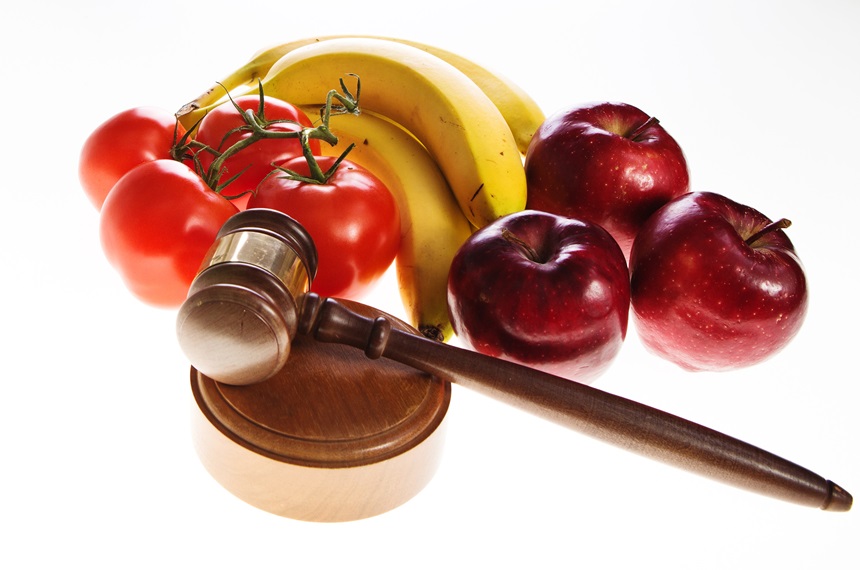
Amendments of the Regulations on VAT in food donations
Focusing on the EU General Food Law and Food Hygiene Legislation, IDOP will shed the light on the changes that came about from the amendments of the Regulations on VAT in Croatia.
According to the EU General Food Law and Food Hygiene Legislation, donated food to non-profit organizations that have humanitarian activities in their programs are VAT free from November 2015. As Croatia yearly throws away 400,000 tons of food, examples of good practice presented at this activity will serve as good role models for future donors and society as well. IDOP will invite relevant stakeholders, company representatives and important decision makers who will share their practices and experiences regarding the mentioned subject.
Educational materials regarding this topic can be found below:
CROATIAS' MINISTRY OF AGRICULTURE (NATALIJA KNEZEVIC)
CROATIAS' COMPANY REPRESENTATIVE: DUKAT D.D. (KRISTINA KLARIC RUBCIC)
Barilla aims for sustainability by entering the bio-market
11.03.2018.
After the launch of durum-wheat semolina’s pasta from biological agriculture signed by Barilla in 2016, the new proposal came in 2017 on the shelves of Italian supermarkets as well. The characteristics of this product are: the use of 100% Italian biological durum wheat, the analysis of each single batch of semolina, the strict controls carried out along the entire supply chain, the traceability system...
more...Toast Ale: Best thing since sliced bread
15.02.2018.
Toast Ale, brewery making beer out of unwanted bread, is on a mission to tackle the global food waste scandal. Founded in 2015 by Feedback founder Tristram Stuart, Toast Ale is brewing their beer with unsold loaves from bakeries and unused crusts from sandwich makers, with only other ingredients being hops, yeast and water. In their first 15 months, Toast Ale has managed to recycle 3.6 tonnes of bread.
more...Food waste: France is the most sustainable country
06.02.2018.
In France, supermarkets are banned from throwing away unsold food and restaurants must provide doggy bags when asked. This has helped France become the best country in terms of food sustainability. Japan, Germany, Spain and Sweden rounded out the top five in an index published the Economist Intelligence Unit (EIU), which graded 34 nations based on food waste, environment-friendly agriculture and quality nutrition.
Tackling food waste around the world
07.01.2018.
Up to one third of the food produced in the world gets lost or wasted before it is consumed by people. According to UN Food and Agriculture Organization this amounts to approximately 1.3 billion tonnes of food with roughly US$ 680 billion in industrialized countries and US$ 310 billion in developing countries. At the same time almost a billion people are living in food poverty. The food waste in Europe alone could feed around 200 million people.
more...New European regulation on food donation
01.01.2018.
The Commission adopted new guidelines to facilitate food donation in the EU, a key deliverable of the Circular Economy Action Plan. The aim is to clarify relevant EU legislation and help lift barriers to food donation.
Developed in consultation with the EU Platform on Food Losses and Food Waste, the EU food donation guidelines seek to facilitate compliance of providers and recipients of surplus food with relevant requirements...
Tinder for food: An App for sharing leftovers
26.12.2017.
OLIO is a mobile phone app founded in Britain and part of a wave of businesses using technology to cut waste and help the environment. Users download the app on their phones, create an account and upload a picture and a short description of the food they want to give away, from bananas to fresh herbs to lactose-free baby powder. They can contact each other via private messages to arrange for pick-ups, either at home or in a public place for the more privacy-conscious.
more...Bread Houses Network
20.12.2017.
Recently on a business trip to Sofia, Bulgaria, we were taken on a study visit of a social enterprise network set up by a local woman, Nadezhda Savova. Her story is particularly interesting, as it involves the creation of global organisation of community centres called Bread Houses. Bread House Network has also established a number of social enterprises-bakeries that train and employ disadvantaged people while also serving as a social-cultural center...
more...What is good for you is it good for the Earth too?
19.12.2017.
From 1 July 2010 the new EU organic logo, called 'Euro leaf', is affixed to all the organic food packaging produced in the Europe. The EU's logo aims to define exactly what organic is, and it is strictly regulated by two European Commission Regulation (the EC Regulation n. 834/07 and the EC Regulation no. 889/08).
According to this regulation, if the food is processed, the logo means that at least 95 percent of the ingredients used are organic
Špeceraj: first zero-waste store in Croatia
12.12.2017.
Fully adopting zero waste philosophy requires profound socioeconomic changes and fundamentally different approach not only to resources and production but also to consumption. However, some grocery stores have been taking small steps in the right direction.
Zero-waste stores, which sell food in bulk and eliminate packaging, have been growing in popularity in recent years. Croatia recently got its first zero-waste store - Špeceraj.
Green is the new Orange
20.11.2017.
Tesco, the UK’s largest supermarket chain, has recently announced that it will be selling green mandarins. Usually orange, mandarins have stayed green this year. Mandarins initially grow as green fruit but turn orange once the weather cools in autumn. However, the persisting warm weather has failed to turn them their normal colour. Tesco is the first UK supermarket to relax its quality specifications and sell these green mandarins, which is not only saving millions of tonnes of food waste, but is also saving producers’ businesses.
more...Food Recycling… Am I bothered?
09.10.2017.
In the UK, 15 million tonnes of food is wasted every year in the UK. That’s a big figure, and we can’t afford to keep going like this. Why is this urgent? Moral reasons on world hunger are legitimate, but households need to understand the personal effect this can have. The UK could save £3.3 billion a year, equivalent to £60 a month per household. Moreover, it could also spare 4.4 million tonnes of CO2 in the air. The UK has made great progress in reducing its food waste since the Household Waste Recycling Act in 2003...
more...Facilitating food donation: The Good Samaritan Law
04.07.2017.
The General Food Law (EC Regulation 178/2002) identifies food donation as a “market operation”, and food donors as “food business operators”, which means that all actors taking part in food donation have to comply with the EU food legislation concerning responsibility, liability, traceability, food health and food safety. Prospective food donors often decide to discard surplus food instead of distributing it to charities or food banks in order to avoid risks associated with liability for donated food...
more...European Parliament proposal for cutting food waste
30.06.2017.
Environment MEPs have put forward a number of possible measures to cut the EU 88 million tonnes per year food waste by half by 2030.
The share of waste to be recycled would rise to 70% by 2030, from 44% today, under draft legislation adopted on March. MEPs also want the “waste package” plans to limit the share of landfilling, which has a big environmental impact, to 5% and to deliver a 50% reduction in food waste by 2030.
The importance of food waste reduction in the framework of UN Sustainable Development Goals
01.06.2017.
Food and agriculture feature prominently in all 17 of the United Nations Sustainable Development Goals, because food is interconnected with almost all aspects of economy, environment and society: from world hunger, food security, desertification, deforestation, sustainable use of oceans, loss of biodiversity due to agricultural pressures, to overconsumption, obesity and public health. These problems are explicitly stated in Goal 2 and Goal 12...
more...Tackling food waste and social exclusion: Homeless Veggie Dinner in Berlin
01.06.2017.
During the 2nd learning activity in the scope of Erasmus+ project Hi4CSR, which took place in Berlin, project partners were presented with a Berlin-based initiative Homeless Veggie Dinner. Dario Adamic, project’s initiator, shared with the Hi4CSR consortium the story behind the project, which ultimately aims to address two very different issues - tackling food waste and social exclusion of homeless people in Berlin.
more...New EU electronic certification system will improve food traceability
01.05.2017.
According to the EU law, traceability within the food chain is one of the common principles underlying food legislation, along with efficient controls, effective enforcement and responsibility of producers and suppliers. On April 19th 2017, a new system of electronic certification to better monitor imports of organic products was implemented on the EU level.
more...Find out more about the General Food Law
09.03.2017.
European citizens need to have access to safe and wholesome food of the highest standards. A series of food incidents in late 1990s draw attention to the need to establish general principles and requirements concerning food and feed law at Union level.
more...Why Should Companies Be Interested in Circular Economy?
02.03.2017.
Circular economy represents a new alternative to a traditional linear economy based on “take-make-consume-dispose” patterns. The re-circulation of materials in economy helps keep resources in the production process as long as possible and use them to the maximum of their value. Producing with lesser impact on the environment and evaluating the impact of products during their entire life cycles already at their design stage are, however, only the first step.
more...Solutions for a better food donation system in Croatia
21.02.2017.
Since Croatia is still on it's way when it comes to learning from good practices of other countries in the area of food donations, great amount of education is needed for all stakeholders.
more...Global Impact Grid presentation on socially responsible food management
15.01.2017.
During the first Learning Activity in Zagreb, within the topic "General Food Law and Food Hygiene Legislation", Global Impact Grid has shown that positive impact to society and responsible food management can converge in actions such as "Homeless veggie dinner" occurring in Berlin Germany.
more...The culture of food donations in Croatia
On November 1st 2015 the Croatian Ministry of Agriculture adopted the Rules on the conditions, criteria and ways of donating food and food for animals. These rules lay down detailed conditions, criteria and ways of donating food in Croatia. Also, they assure that Croatian enterprises do not have to pay VAT on the food donations.
more...Rules on food donations: The growing number of social supermarkets in Croatia
Before the changes of Rules on donating food in 2015, Croatian enterprises had to pay VAT when they donated food, which is no longer the case. In fact, before these changes, it was more profitable for the enterprises to waste food instead of donate it. Even though the rules have changed, the problems are still numerous and still are not solved from the legislative side – the growing number of social supermarkets is surely one of the most visible.
more...Overview of the current legislation concerning food donations in EU Member States
The General Food Law, the Food Hygiene Package, Tax legislation and the Waste Framework Directive - Directive 2008/98/EC12: Legislation concerning food donations in EU Member States.

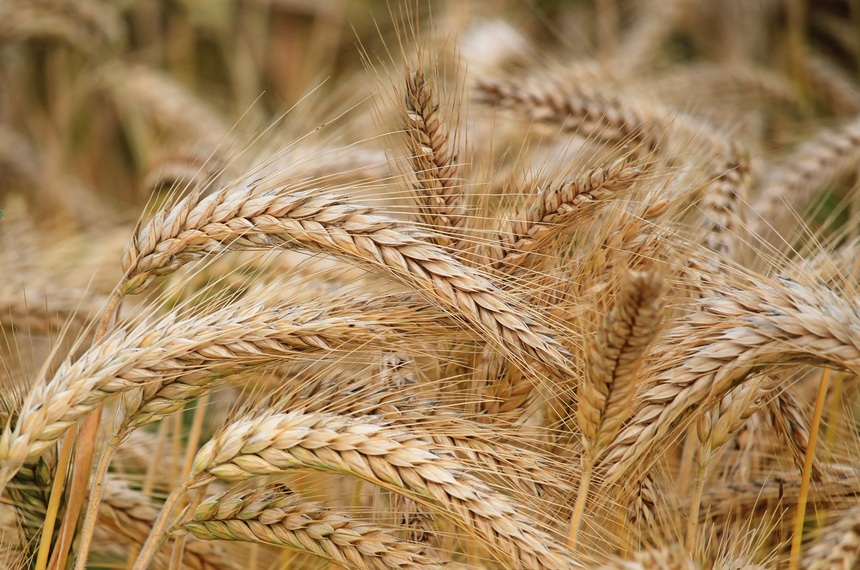
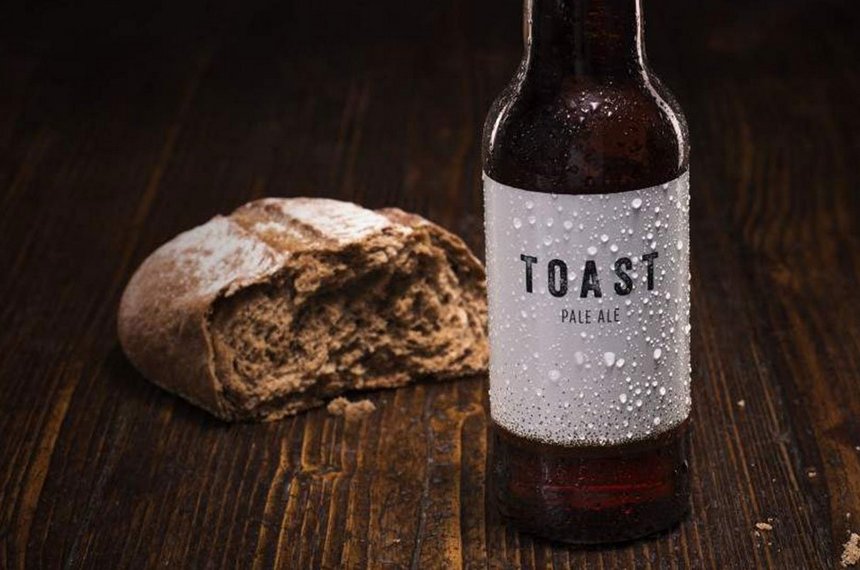
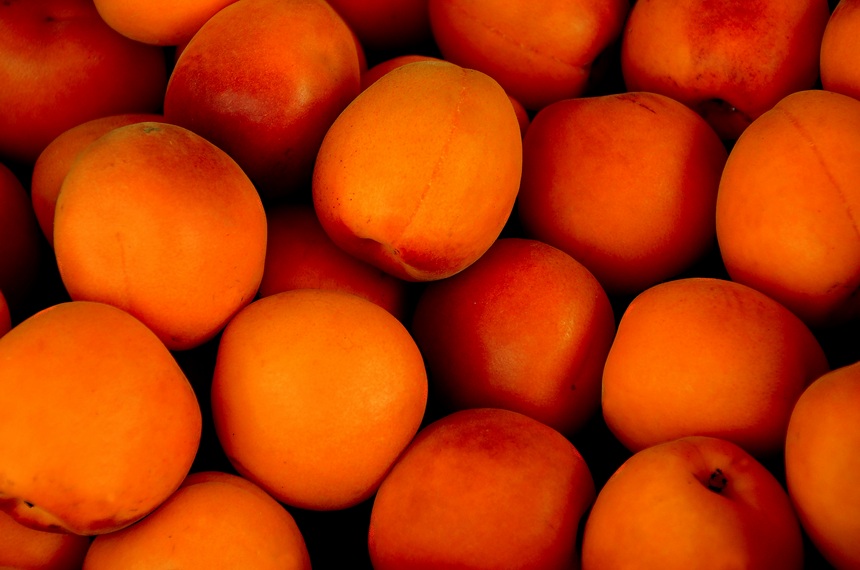
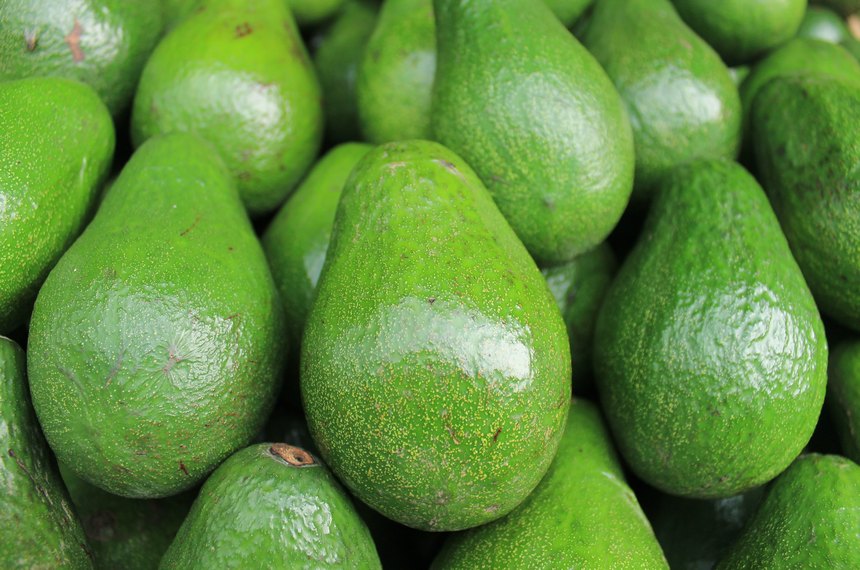
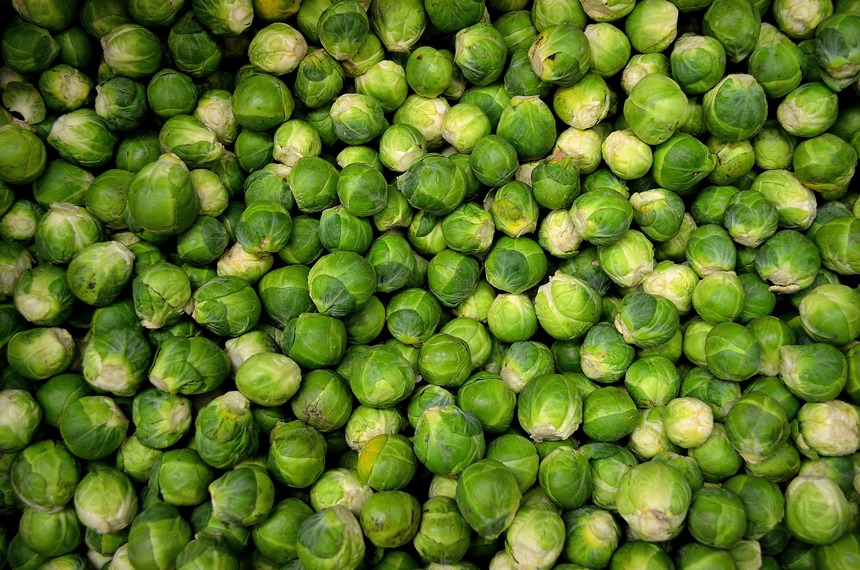
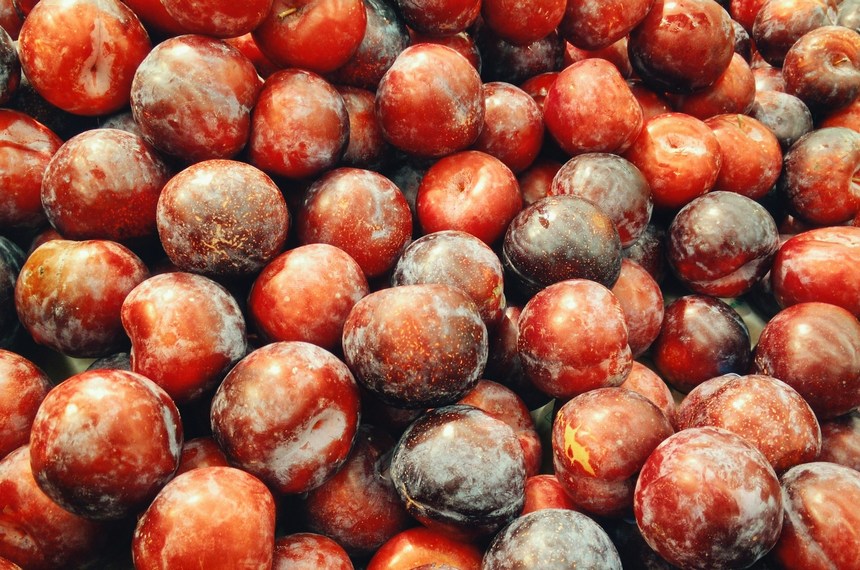
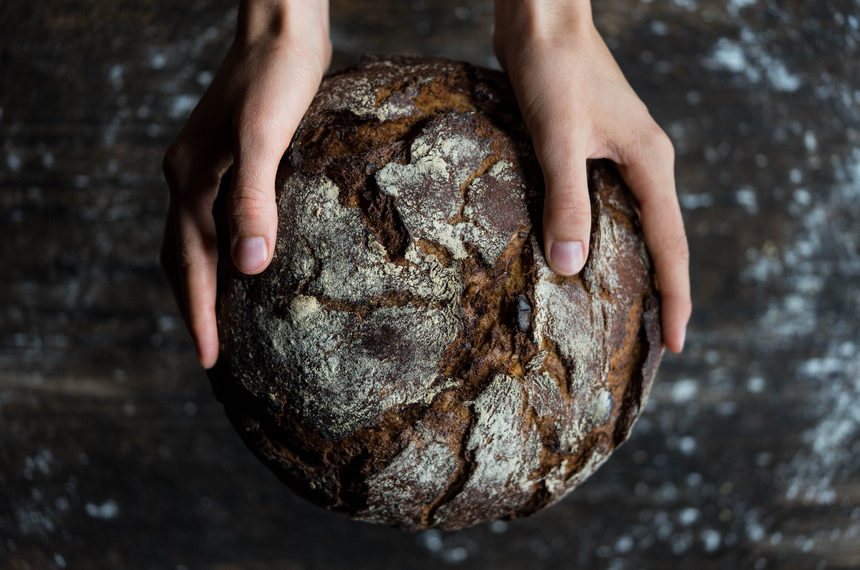

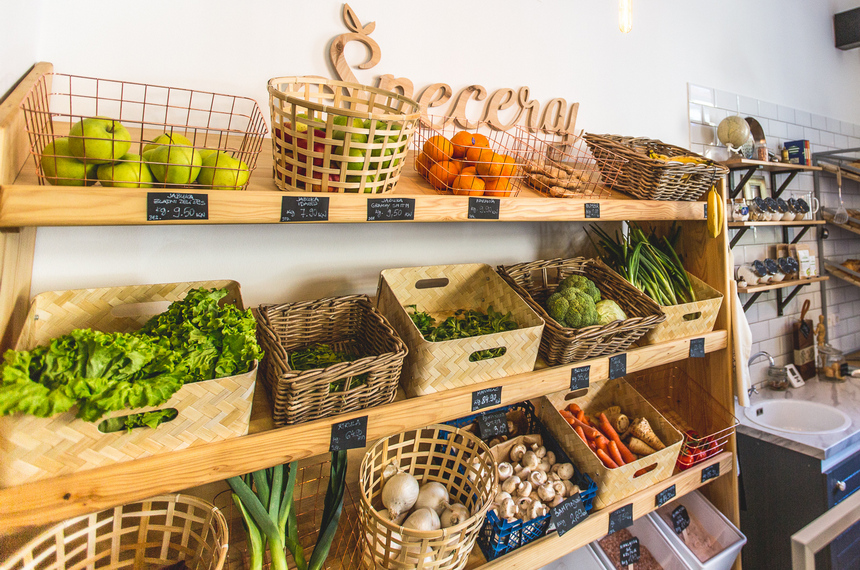
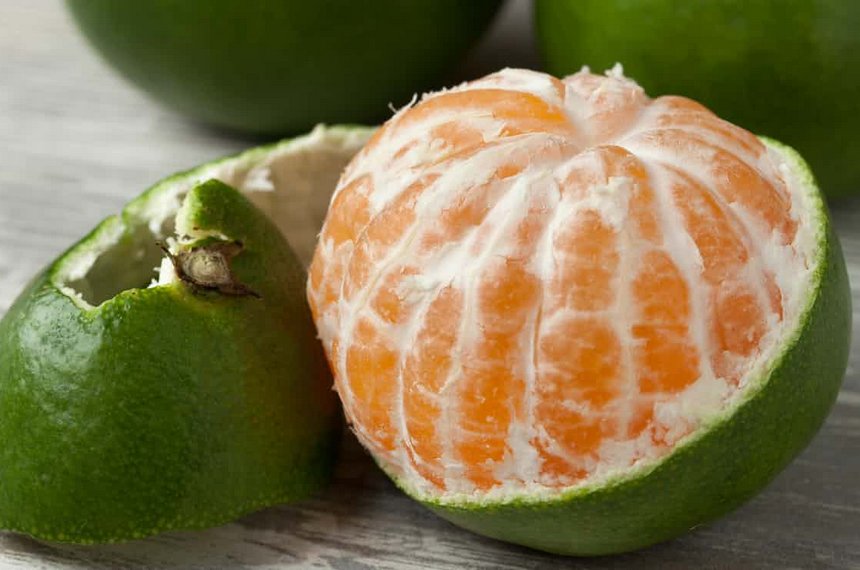
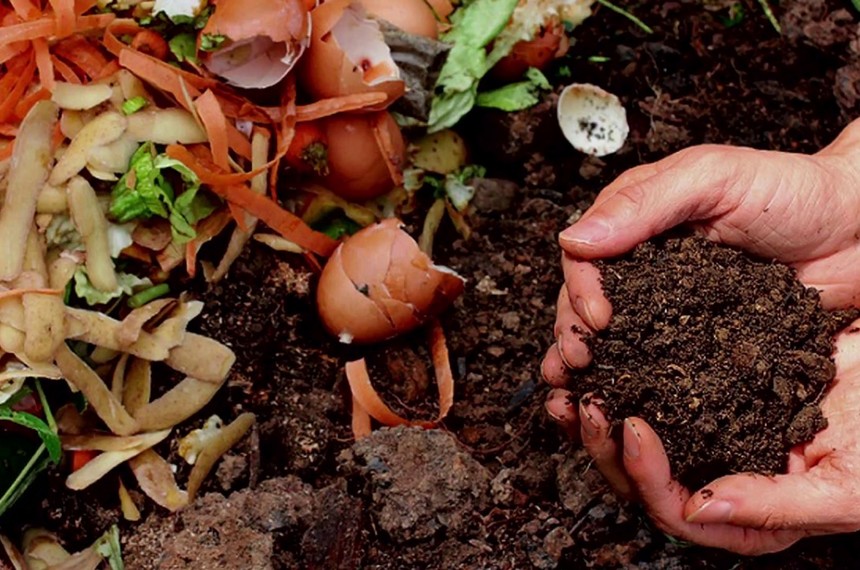
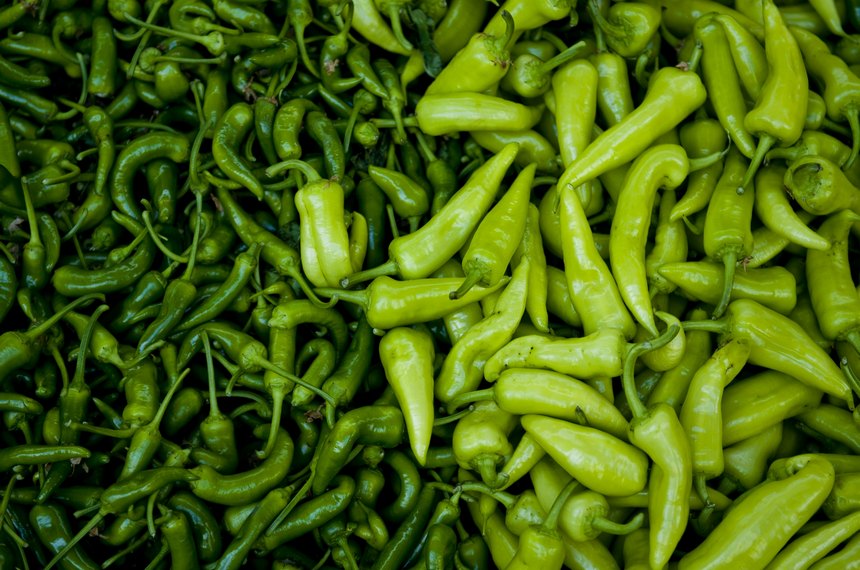
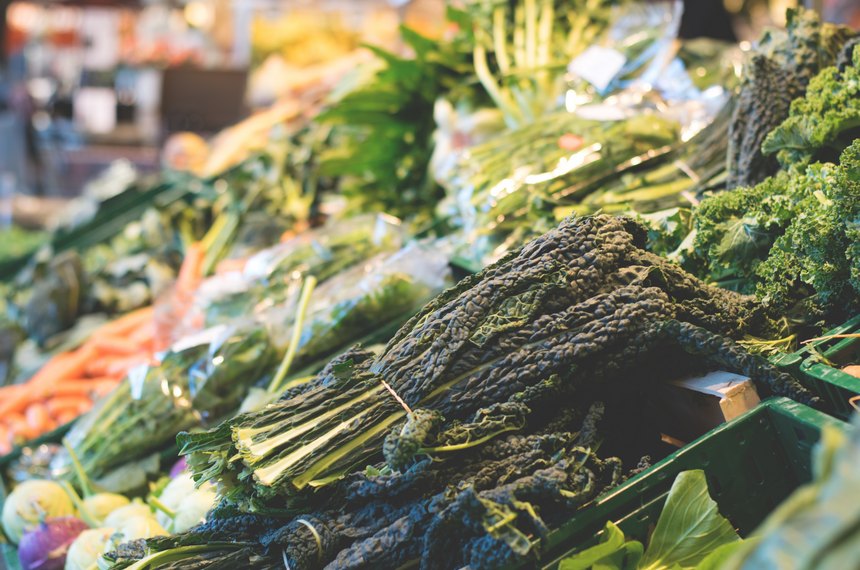
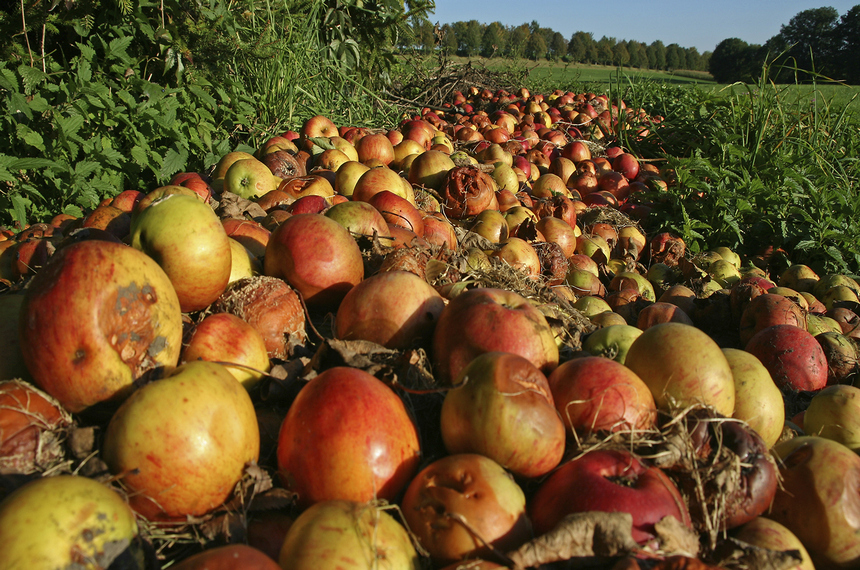
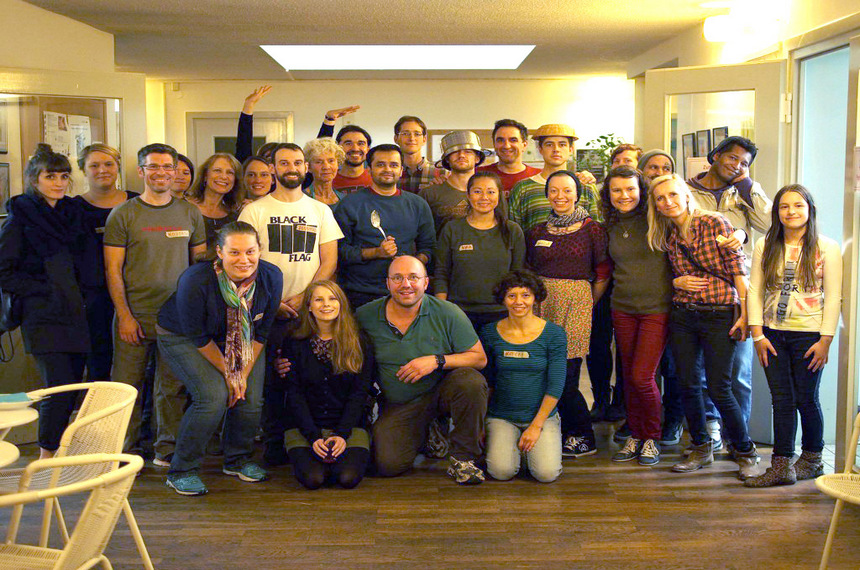
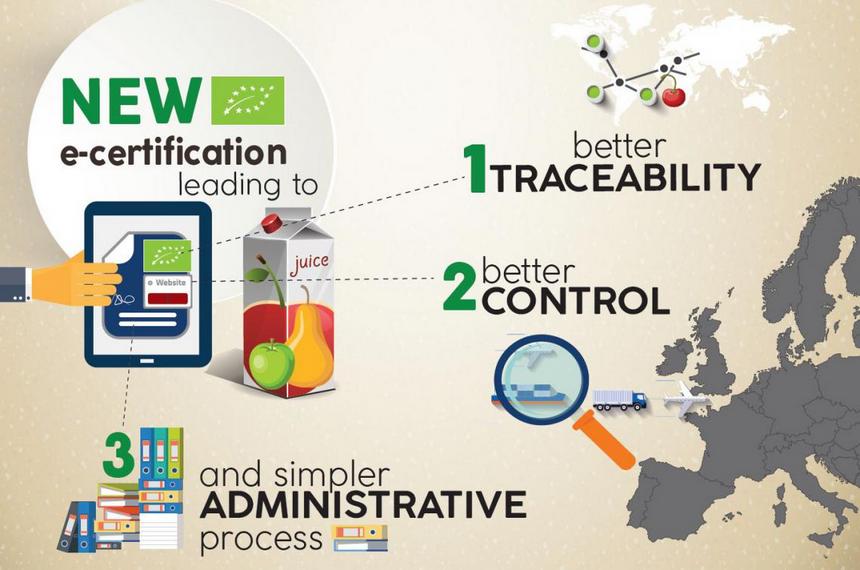
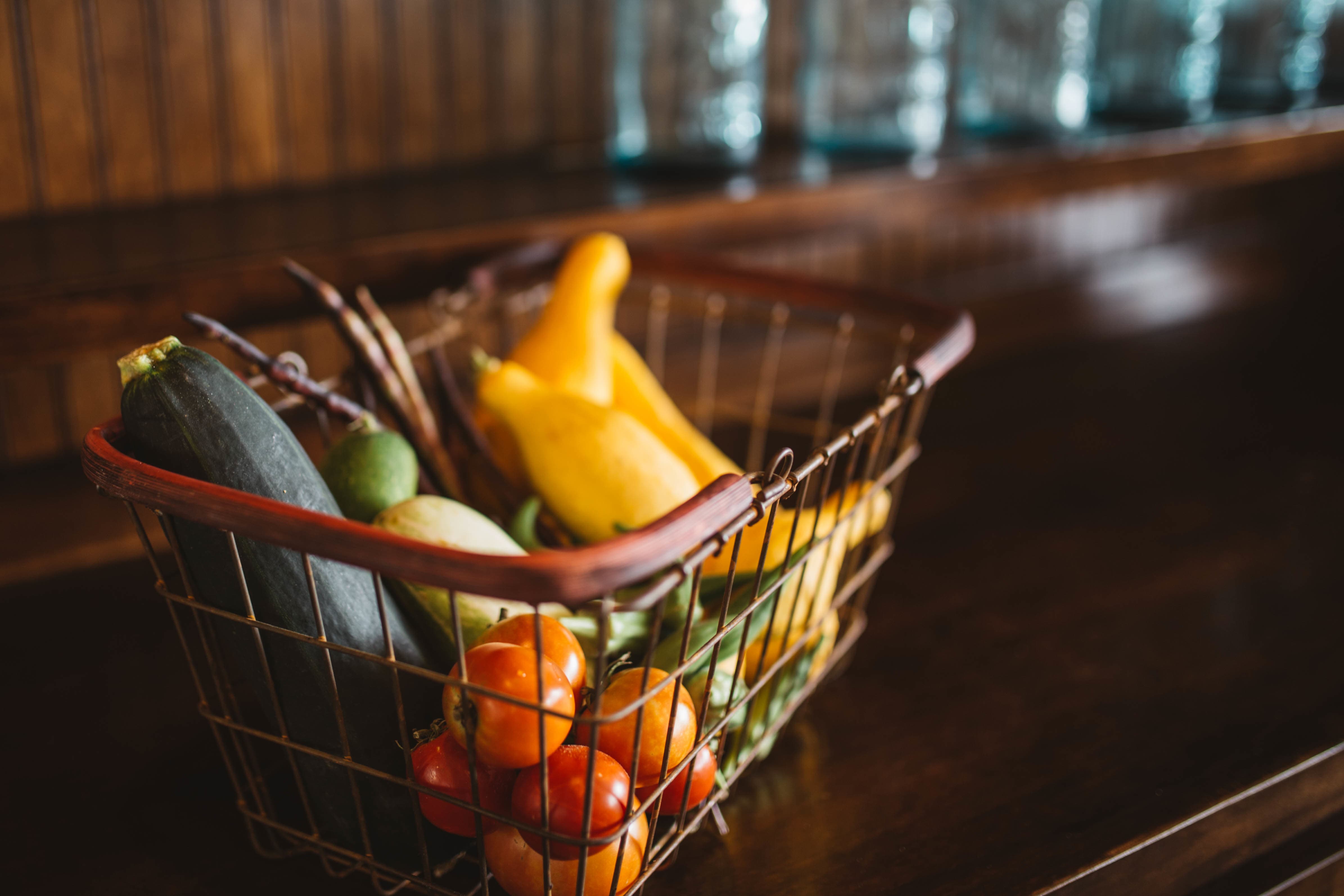

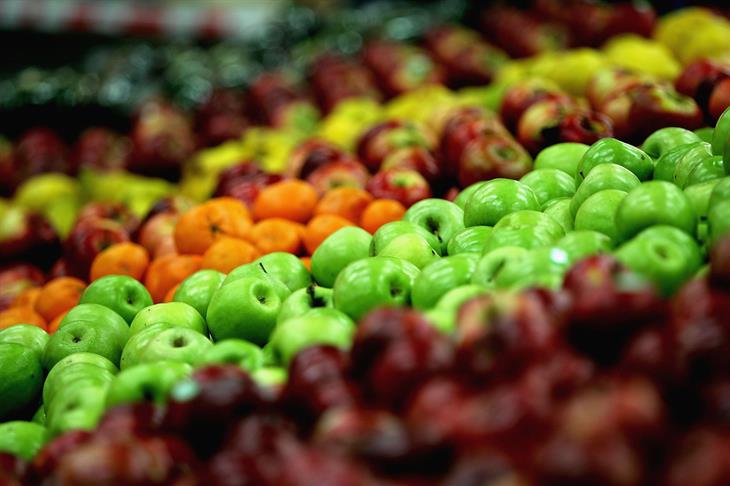
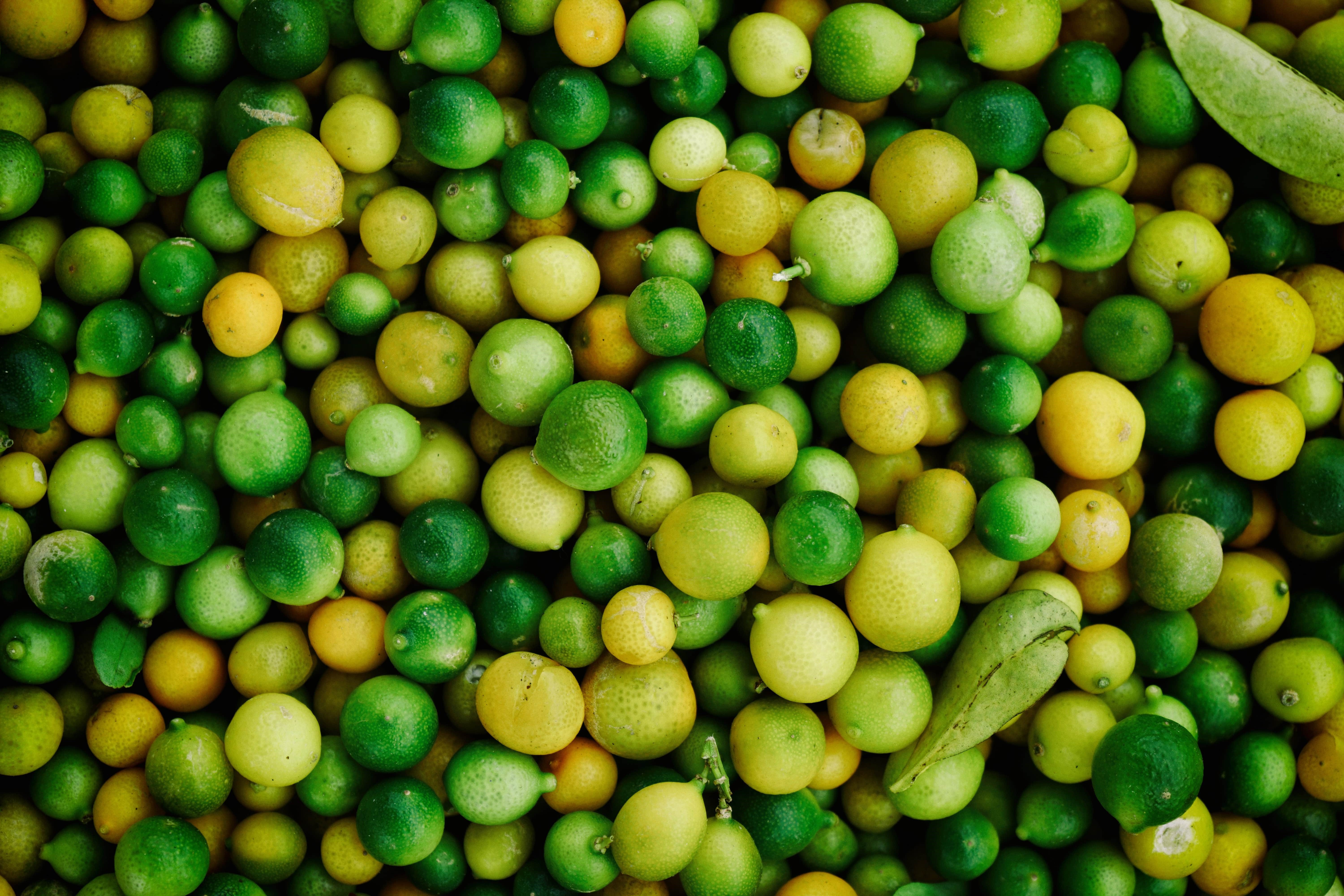
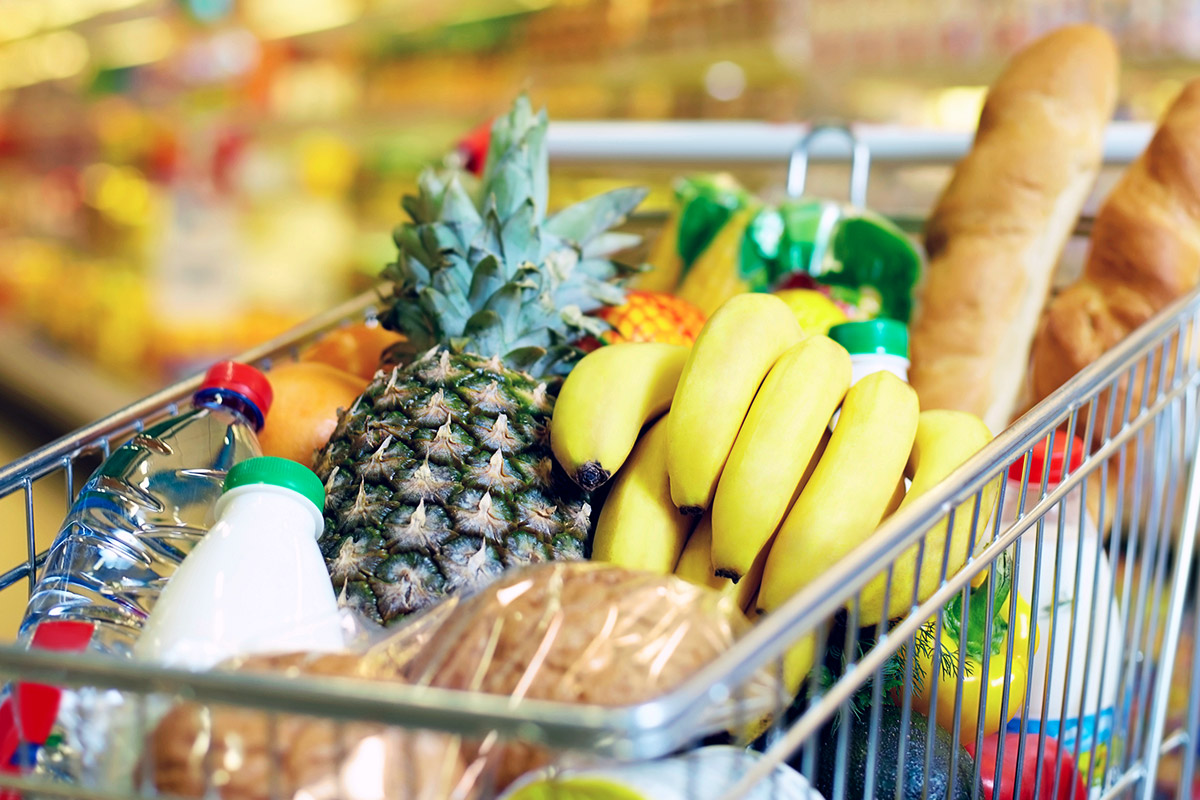
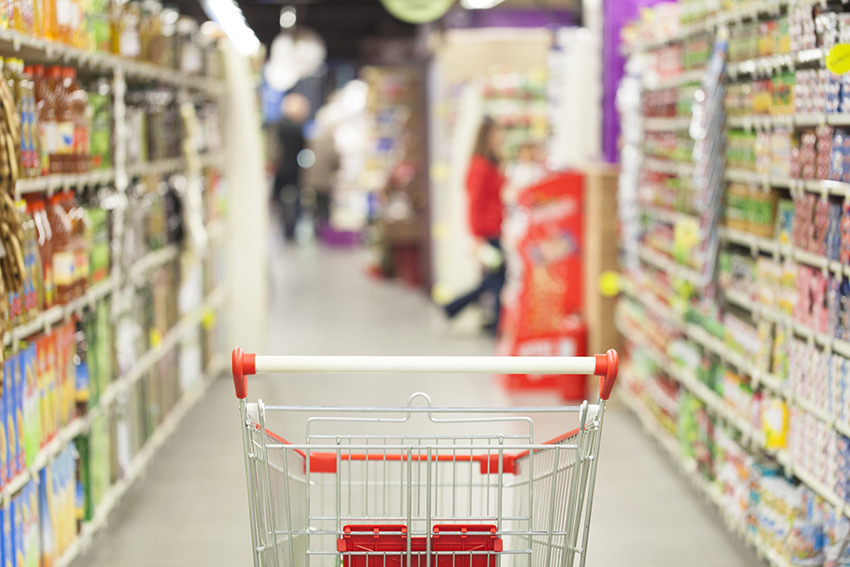
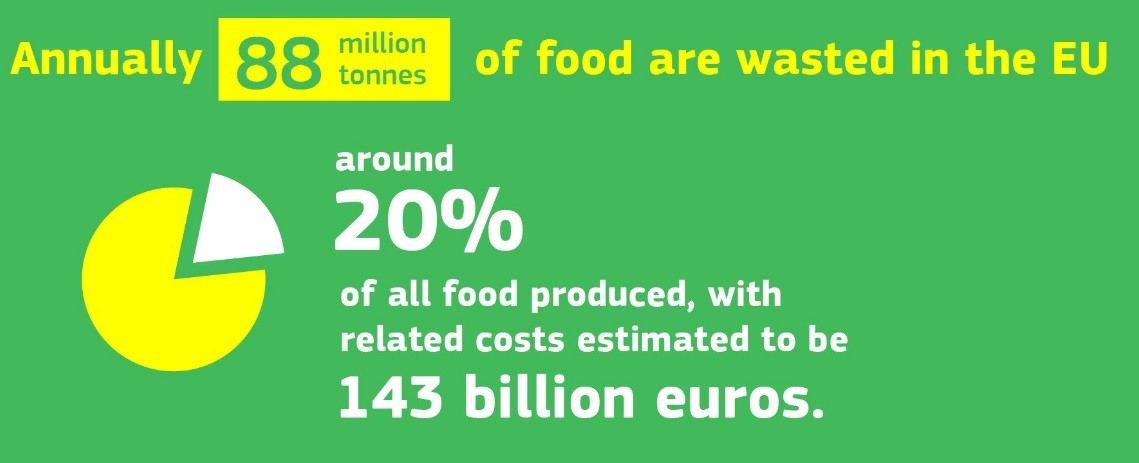
Follow us on